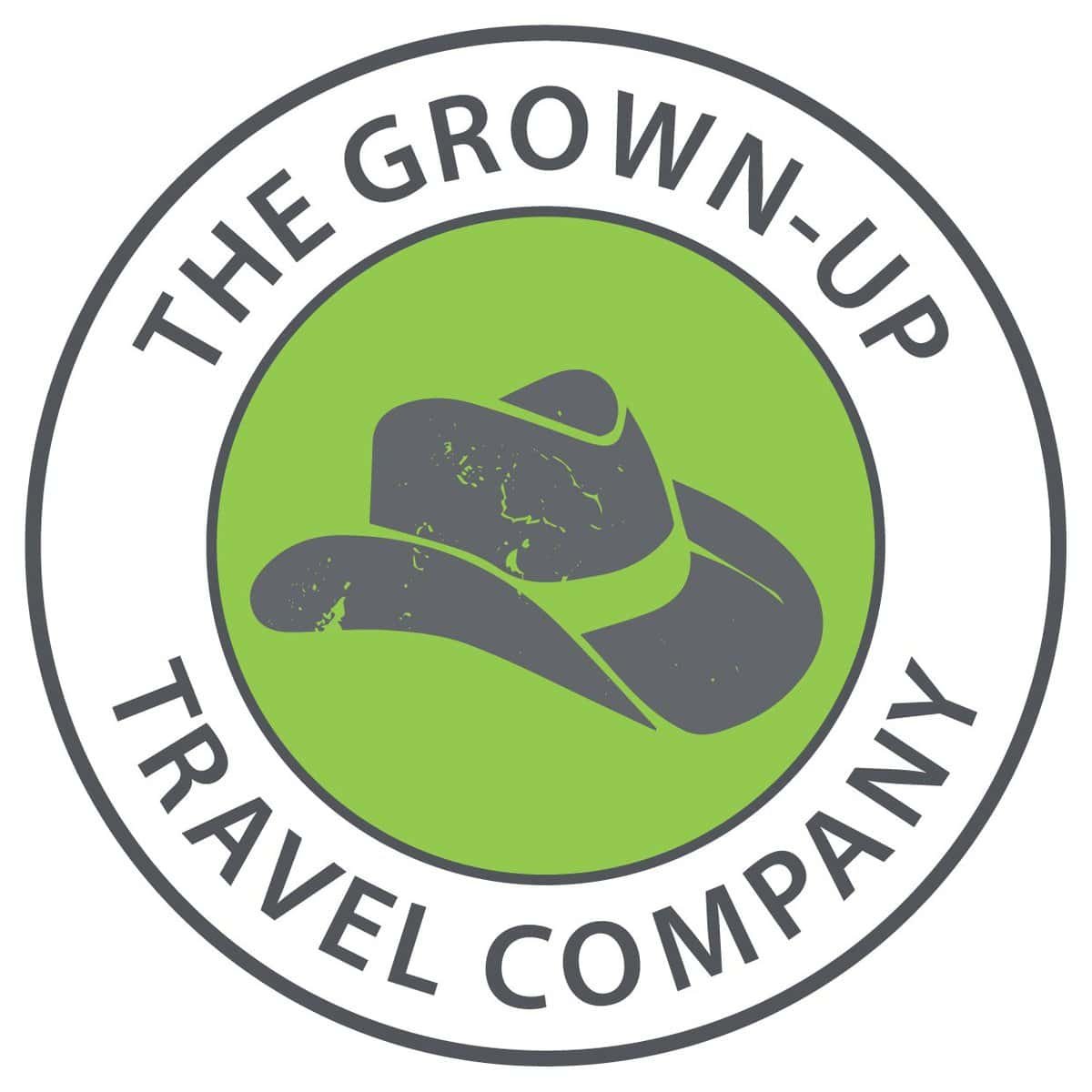Historical Background of Madagascar
Early Settlements and Austronesian Influence
Madagascar was first settled by Austronesian people from present-day Indonesia around the first millennium AD. These settlers brought with them their language and cultural practices, significantly influencing the island’s development.
African and Arab Influence
Over the centuries, African and Arab traders and settlers also arrived, contributing to the cultural and genetic mix of the Malagasy people. The island developed into a hub of maritime trade, connecting various cultures and civilizations.
The Kingdoms and Colonial Era
By the 16th century, several kingdoms had formed across Madagascar. The most prominent, the Kingdom of Imerina, played a significant role in the island’s unification. The French colonized Madagascar in the late 19th century, adding another layer to its complex history.
Independence and Modern Challenges
Madagascar gained independence from France in 1960. Since then, it has faced numerous political challenges, including coups, protests, and periods of instability. Despite these challenges, Madagascar has maintained its unique cultural identity and traditions.
Ethnic Groups of Madagascar
A Mosaic of Ethnicities
Madagascar is home to 18 official ethnic groups, with the Merina, Betsileo, Betsimisaraka, Tsimihety, and Sakalava being the most prominent. Each group has its own distinct customs, traditions, and social structures.
Cultural Integration and Diversity
Despite the diversity of ethnic groups, there is a shared sense of national identity. Traditional beliefs and practices, along with the Malagasy language, provide a unifying cultural foundation.
The Role of Ethnicity in Society
Ethnic identity in Madagascar plays a significant role in social life, influencing everything from politics and social status to cultural practices and festivals. The island’s history of migration and interaction has resulted in a rich tapestry of cultural traditions.
Languages of Madagascar
Malagasy: The Unifying Language
Malagasy, the national language, is spoken by the majority of the population. It belongs to the Austronesian language family, reflecting the island’s early settlers from Indonesia.
French Influence
French, a legacy of the colonial era, remains an official language and is widely used in government, business, and education. It serves as an important link to the international community.
Linguistic Diversity
While Malagasy and French are dominant, there are several regional dialects of Malagasy. These dialects reflect the diverse ethnic groups of the island and are an essential part of Madagascar’s linguistic heritage.
